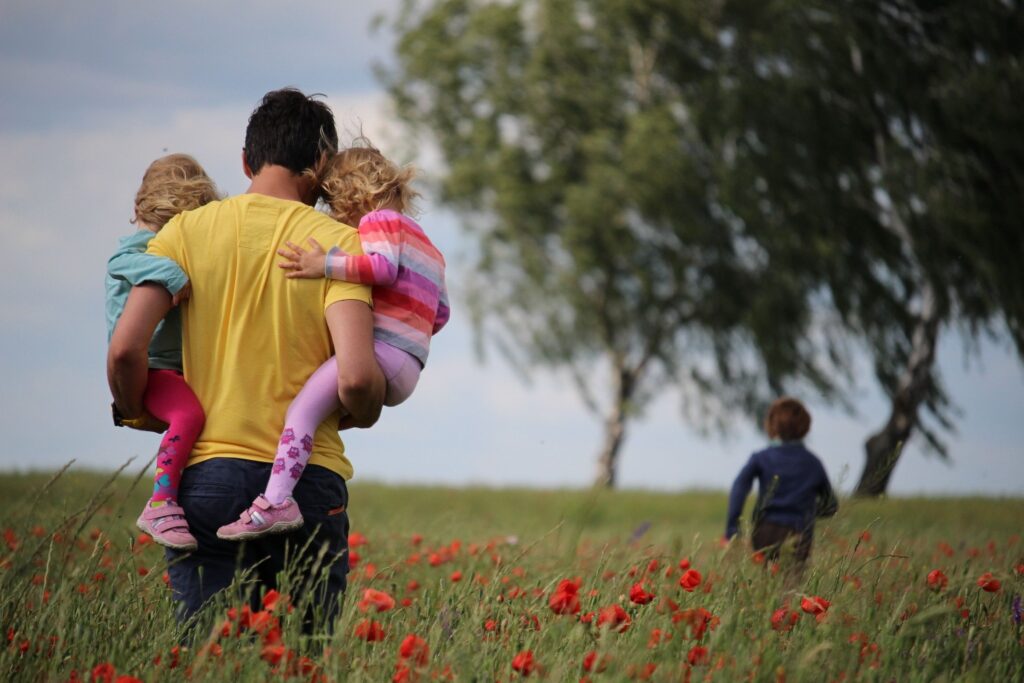It’s increasingly becoming better understood how our childhood experiences have a long-lasting impact on our mental health, well-being, and development.
This is particularly in relation to adverse childhood experiences, which have been found to put children at higher risk of developmental concerns and mental health challenges like depression and PTSD.
What are considered adverse childhood experiences?
Adverse childhood experiences come in many forms.
But it’s more than just a bad experience. Things like getting sick, breaking an arm, and having a fight with a sibling, are standard childhood rites of passage.
Adverse childhood experiences are those that have deep and lasting impacts. They’re experiences that create trauma.
There are two main ways that adverse childhood experiences occur.
- They stem from events that shouldn’t have happened, such as instances of physical or mental abuse, separation, an unsafe household, or the loss of a loved one.
- They can stem from events that didn’t happen that should have, like situations of emotional and physical neglect by a caregiver. These instances are more complex situations to identify, as parents who are emotionally distant from their children may not even realise they’re doing so.
Some research papers have discovered that adverse events in the first eight weeks of a child’s life can have the most impact on their well-being later in life.
How do these adverse experiences impact development?
Without putting too fine a point on it, adverse experiences like these can be monumental to a developing child. And, over time, these experiences create a sustained assault against a child’s development.
This leads to the child putting all the energy into developing coping strategies to adapt to these events—strategies that aren’t always healthy.
As they’re spending all their energy on simply trying to manage day-to-day life, they miss other important developmental skills and milestones. This can be things like:
- Learning and retaining information, problem solving skills, or the ability to control impulses.
- Early sensory development issues. This leads to a child developing hyper vigilance, having trouble regulating fear responses, and even having issues with some motor skills.
- Attachment development issues, where they learn to hide emotions or exaggerate their behaviour.
- Developing a deep sense of being bad or unwanted.
Supporting your children to thrive
The good news is that children are exceedingly resilient and adaptable. And, as parents, we can help them heal from these experiences.
By working with your children, providing a safe and welcoming environment, and looking into kids’ therapy and Play Therapy options, you’re putting them on the path to learning how to manage their experiences in a more healthy and positive way.
How we help
At CoRe Kids Therapy, we provide a variety of therapeutic approaches, namely play therapy, Theraplay, parent coaching, filial therapy and family counselling to help those kids who have had adverse experiences in their childhood.
Contact our team in South East Bayside Melbourne in Moorabbin and Yarraville to learn more about the benefits of play therapy, Theraplay, and our parenting programs to discover how these might help your children thrive.

